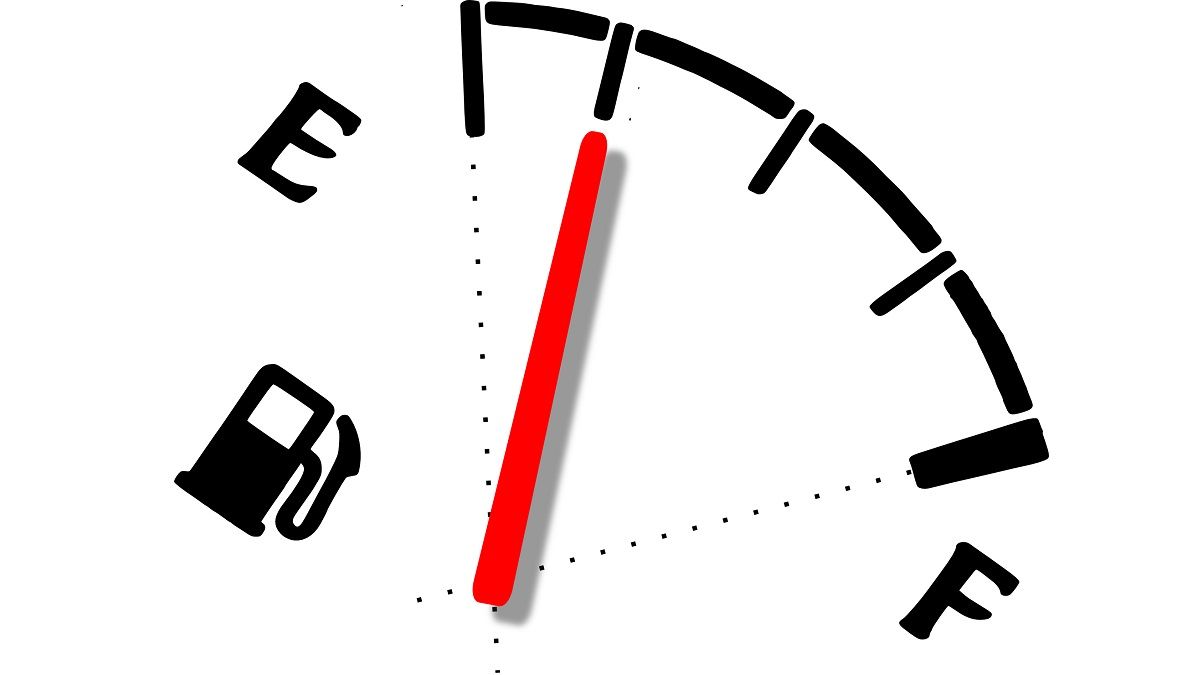This week saw Chinese property giant Evergrande come back into the news, a move that most seasoned observers have regarded as, “Oh, that was still going on? Jesus, I thought that had all finished a while ago.”
And yet, it all seems to be happening now. A tweet from Markets Today, an account covering the Indian stock market, said that a number of bond holders of Evergrande had not received coupon payments following 30-day grace periods. That was sent nearly a month ago.
The news has not gotten better since then. The UK’s Express newpaper reported this week that, “The company, which is one of the largest in the world, delivered a statement to the Hang Seng stock index, informing the organisation liquidity issues may impact its ability to repay investors. Following this, Dr Marco Metzler, senior analyst for Deutsche Markt Screening Agentur (DMSA), said $23.7bn in international bonds is now at risk.”
Contagion risk
It is not as if Evergrande hasn’t been trying to sell off its Swedish EV business and looking at a fire sale of its streaming service HengTen.
They are not the only ones having problems. As the BBC reported, “In another sign of the cash crunch in China’s property market, another big firm is reportedly raising fresh funds. Trading in Country Garden Services was suspended on Thursday as it looks set to sell $1bn of new shares.”
Kaisa, too—another one of the big property firms in that part of the world—has seen trading of its shares halted following a poor financial performance.
The conversation now seems to be turning from whether Evergrande will fall to what its consequences will be. The ‘c’ word people are mentioning is ‘contagion’.
As Redaktionsnetzwork Deutschland has written, “Experts estimate that the Chinese real estate sector contributes more than a quarter to the gross domestic product of the People’s Republic and thus to the economic development of the country. It has long been speculated that China’s real estate industry has a structural problem and ‘many corpses in the basement’. And this is precisely what poses dangers for the international financial markets.”
The problem is not that a company will fail but that it has gotten so big and unwieldy that its capsize is likely to take with it the dreams and hopes of investors, businesses, and customers. As has been the case in recent years, the focus has turned to government for a bailout and to right the ship.
Um…
Help isn’t on the way
“However,” wrote NTV earlier this week, “the giant cannot count on help from the government in Beijing – which is betting on the market. Even the head of the central bank apparently does not share the worries about a conflagration. In the crisis surrounding the highly indebted Chinese real estate giant Evergrande, China’s central bank governor Yi Gang has signaled that the government in Beijing does not want to come to the company’s aid with rescue measures.”
It went on: “According to the central bank, the governor said Evergrande’s risks were a ‘market operation’ that was handled appropriately ‘in accordance with the principles of the market and the rule of law.’”
I have little idea what that last paragraph means, but it sounds to me that Evergrande is going to be allow to fail.
Good.
Businesses and organisations get too big to fail because they know that any threat of the latter is immediately tempered by government funds, which are drawn from the pocket of taxpayers.
So let them burn.
Evergrande and Kaisa and every other property company in the world has made their money on property, a basic necessity for people to live.
As the writer Another Angry Voice wrote recently of landlords: “Up until the mid-20th Century, it was commonly accepted that landlordism is unproductive economic activity. […] In recent decades the tables have turned dramatically, to such an extent that you’ll be shouted down and derided as some kind of communist if you dare to point out the basic economic reality that landlordism produces no useful economic outputs, just unearned profit for the property-hoarding class.”
I like that one.
So here is an idea. Let the property companies fail. All of them, not just Evergrande. If they wanted deregulation and paid a lobbyist to get an MP to do it for them, let them bear the consequences. If they want the market and capitalistic free enterprise to flourish, let them go forwards from now on and be cautious in their dealings because they know that they will need a war chest if—and when—it goes wrong.
That is not communism. It is consequences.







